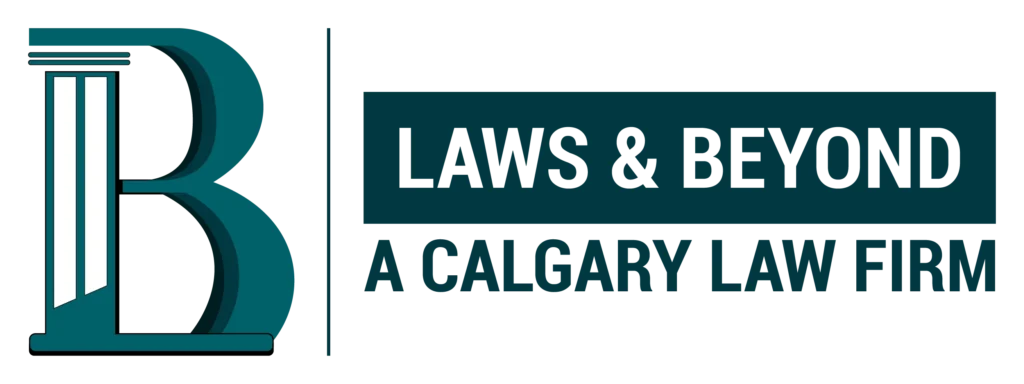1. Introduction: The Challenge of Self-Employed Income
Determining income calculation & business for child support in Alberta becomes far more complex when the paying parent is self-employed or runs a business. Unlike salaried employees, business owners often have fluctuating income reporting for child and access to corporate benefits, which can make accurate income calculation difficult.
This blog explores how Alberta law handles income calculation & business for child support, focusing on the importance of proving business expenses, avoiding inappropriate deductions, and ensuring transparency.
2. How Alberta Calculates Child Support Income
In Alberta, child support is calculated using the Federal Child Support Guidelines, which start with the parent’s gross annual income. For employees, this is usually straightforward. For self-employed individuals, however, gross income reported on tax returns may not reflect their actual financial resources.
Courts in Alberta can adjust or impute income to reflect the payer’s true earning capacity — especially if the business expenses are inflated or used to hide personal benefits.
3. What Counts as Business Expenses
Legitimate business expenses reduce taxable income and include things like:
a. Cost of goods sold
b. Employee wages
c. Rent or lease for office space
d. Utilities and office supplies
However, self-employed individuals may also claim deductions such as:
e. Vehicle expenses
f. Home office use
g. Business-related meals and entertainment
These deductions might be valid for tax purposes but are often reviewed critically by Alberta courts during child support calculations. If an expense serves both a business and personal purpose, it may be excluded or partially added back to the income.
4. Proving Business Expenses: The Legal Expectation
In Alberta, the burden of proof lies with the self-employed parent to show that claimed business expenses are:
a. Necessary for generating income
b. Reasonable and industry-appropriate
c. Not personal in nature
Courts require full financial disclosure — including tax returns for the past three years, profit and loss statements, and corporate financials (if applicable). Providing documentation is not enough; the parent must also explain the legitimacy of each major deduction.
5. Inappropriate Deductions & Grey Areas
Under Section 18 of the Federal Child Support Guidelines, certain deductions may be added back to a parent’s income if deemed “inappropriate.” These include:
a. Excessive vehicle or travel expenses with personal use
b. Payments to family members or non-arm’s-length parties
c. Business losses carried forward
d. Amortization or depreciation
e. Unreasonably high business expenses
Courts may also assess whether similar businesses in the same industry would incur similar expenses — helping to identify unreasonable or inflated deductions.
6. Business vs. Personal Use: Drawing the Line
A common grey area in self-employed child support cases is when an expense overlaps business and personal use. For example:
a. A car used for deliveries may also be used for school drop-offs
b. A home office might double as a personal study
c. Business meals could include personal dining
In such cases, Alberta courts may proportionately disallow the expense or classify it as a benefit, which gets added back to income.
7. Navigating Disclosure Requirements
Income reporting for child support in Alberta requires a high level of transparency. Self-employed individuals or business owners must be ready to provide:
a. Personal tax returns (3 years)
b. Corporate tax returns (if applicable)
c. Financial statements or general ledgers
d. Receipts for major expenses
Simply submitting documents is not enough — clarity, explanation, and consistency are key. Courts expect the reporting parent to justify why each expense was necessary for business, not personal, benefit.
8. Role of Financial Experts in Disputes
When proving business expenses becomes complex or contested, financial experts such as forensic accountants can be vital. They help:
a. Separate business from personal spending
b. Evaluate reasonableness of deductions
c. Translate financial records into clear, court-ready reports
This is particularly helpful in high-income or high-conflict cases, where one parent challenges the other’s reported income or claims of hardship.
9. Strategic Takeaways
For business owners and self-employed parents involved in child support cases:
a. Be prepared for full financial disclosure
b. Keep detailed and well-organized records
c. Avoid mixing personal expenses into business deductions
d. Anticipate scrutiny of any unusual or high-value deductions
e. Consult legal or accounting professionals if your financials are complex
10. Conclusion: Fair Support Requires Full Transparency
Calculating income calculation & business for child support in Alberta — especially for business owners — is not just about tax filings. It’s about ensuring that children receive fair support based on a parent’s actual financial situation.
By proving business expenses clearly and complying with Alberta’s disclosure obligations, parents can avoid disputes, legal delays, and imputed income rulings. The ultimate goal is simple: protecting the best interests of the child through honest financial transparency.
Frequently Asked Questions
1. How is my income determined?
It is not just your taxable income. The court looks at your gross income and can “add back” business expenses (like car or home office) if they give you a personal benefit.
2. What are “inappropriate” deductions?
Costs that aren’t strictly for business—like personal meals, excessive travel, or paying family members too much—can be rejected and added to your income for child support.
3. What if I don’t have clear records?
The burden is on you to prove expenses. If you don’t provide 3 years of tax returns and ledgers, the court may “impute” (assign) you a higher income, making you pay more.
—
Do not hesitate to contact us for a consultation to discuss your matter. Call us at 403-300-5297 or email us at info@lawsnbeyond.com and we will provide you with the support you need.




